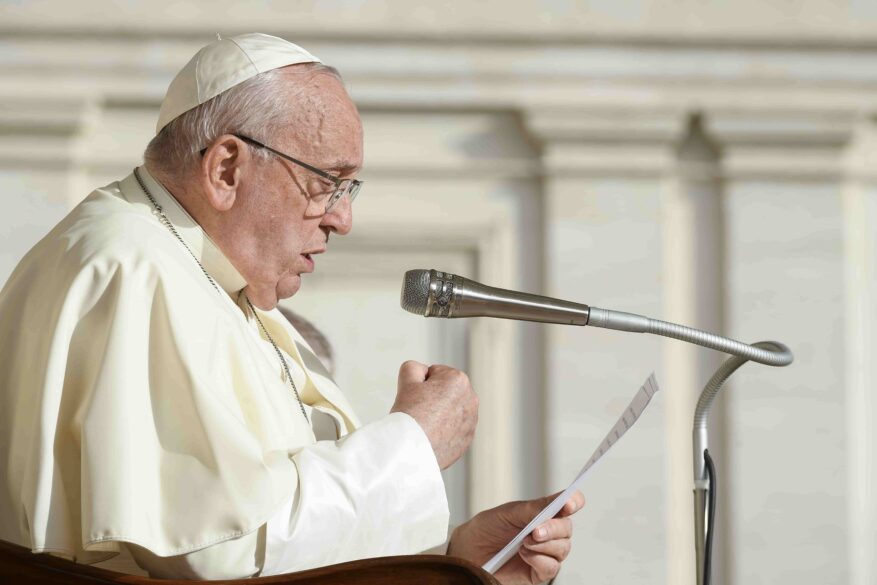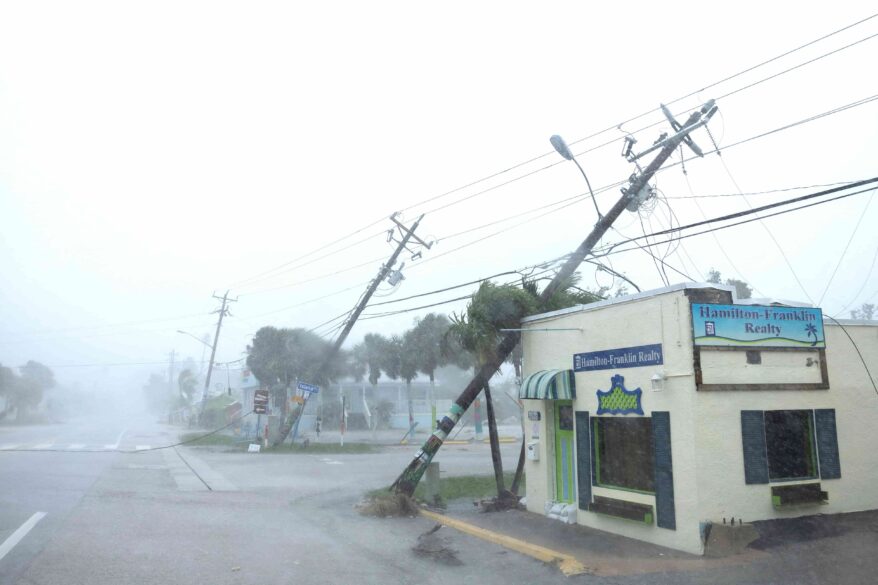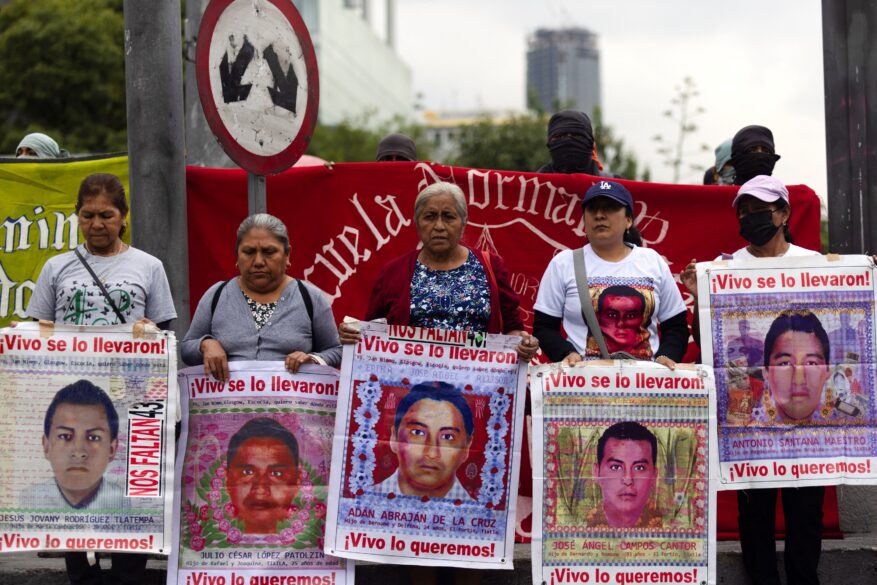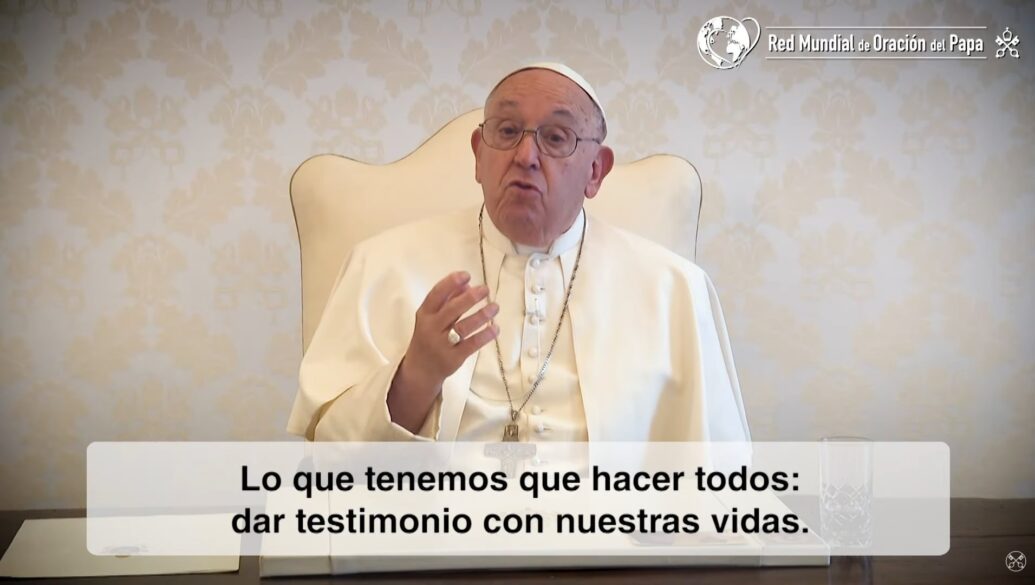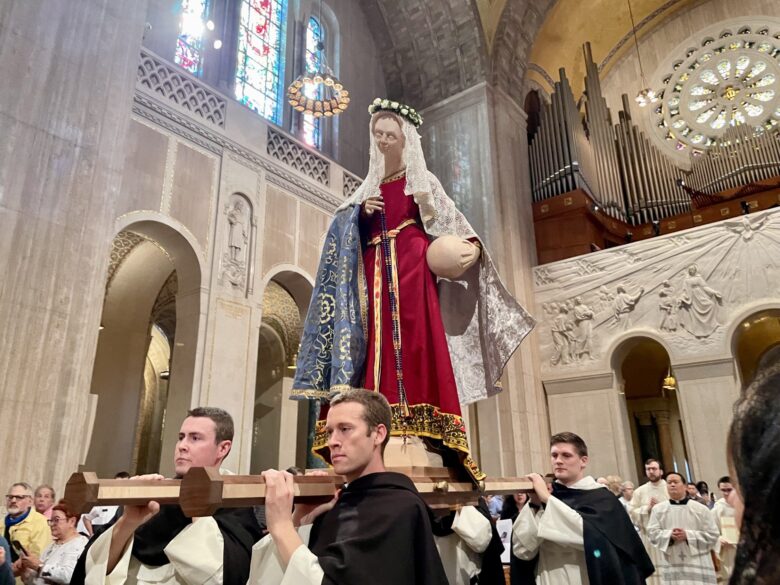By Omar Cabrera
(OSV News) In response to the pastoral needs of the growing number of Latinos in the U.S., a new initiative from Boston College’s Clough School of Theology and Ministry seeks to strengthen Catholic organizations that work with Hispanic ministry.
With 45% of Catholics in the United States identifying as Latino and 60% of Catholics under the age of 18 years in this country being Latino, these Catholics “are transforming Catholicism in the United States,” said Hosffman Ospino, a professor of theology and religious education at Boston College who researches the dialogue between faith and culture as well as Hispanic Catholics. “We find ourselves in a church that is becoming Hispanicized at a fast pace.”
This reality, he added, opens the opportunity to be better disciples and respond appropriately to the challenges that come with it. To do this, Boston College launched “Nuevo Momento: Leadership and Capacity Building for Ministerial Organizations Serving Hispanic Catholics” at the end of August.
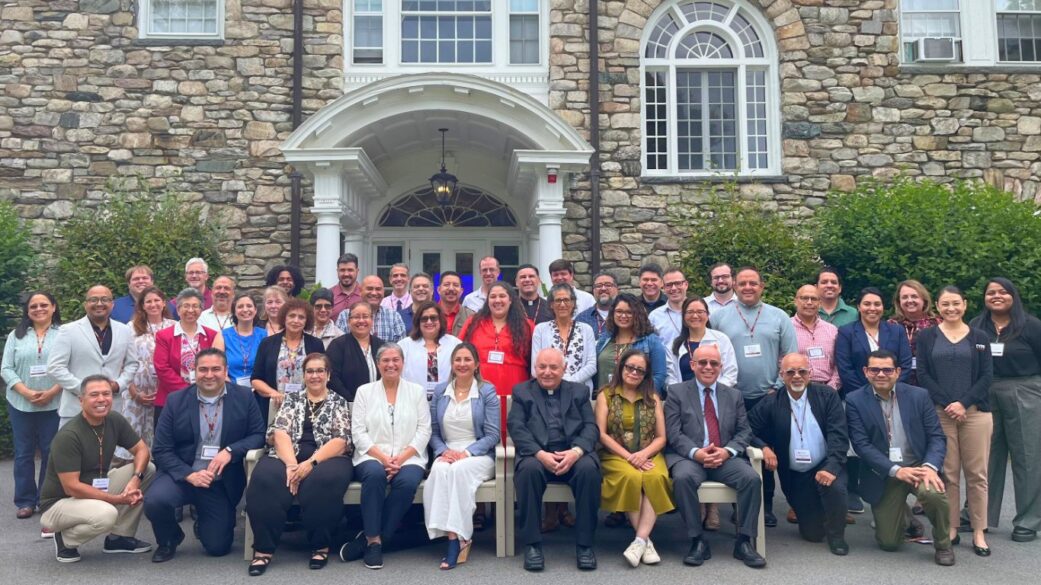
This five-year project, supported by a $15 million grant from the Lilly Endowment Inc., seeks to empower organizations through four building blocks: strong organizational capacity, a path toward economic or financial sustainability, leadership training and renewal, and a grant to strengthen its internal capacity.
The 15 organizations participating in Nuevo Momento are among “the most influential and representative of the work that is being done in the Catholic Church in the United States to accompany the Hispanic community,” said Ospino, who directs Nuevo Momento.
These include associations of Latino priests and sisters, organizations focused on catechesis and formation, organizations that work with youth and young adults, associations of leaders and ministries, regional institutes and offices, as well as an organization that focuses on migrant ministry.
“We are very excited to be part of something like Nuevo Momento,” said Lisset Mendoza, treasurer of the National Catholic Association of Diocesan Directors for Hispanic Ministry.
Mendoza added that her organization has the possibility of assigning three people to pursue a cohort-based Master of Arts in Ministerial Leadership, which the Clough School of Theology and Ministry at Boston College has designed specifically for Nuevo Momento.
The master’s degree will follow a hybrid format, with face-to-face sessions in the summer and winter, in addition to online classes, Ospino explained. The curriculum is designed for students to complete in 18 months. All expenses, including tuition, travel and lodging will be covered by Nuevo Momento, at no cost to students or their organizations, he added.
It is expected that between 35 and 45 people will graduate from the new master’s degree through the Nuevo Momento program. Each participating institution may designate people under 40 years of age to benefit from the degree.
Elisabeth Román, president of the National Catholic Council for Hispanic Ministry, said that her organization currently operates without employees, with people donating their time to the ministry. Therefore, they hope that New Moment will help the 33-year-old ministry discern ways to “go towards the creation of a staff” to usher in the next 33 years.
Ospino explained that several participating organizations also work with volunteers instead of paid staff. Yet, the organizations need to hire employees to expand their impact, reflecting on Nuevo Momento’s pillar to improve the economic capacity of participating institutions.
“That financial stability has to do with how they manage their finances, how they manage their economy, how they manage their projects and, at the same time, how they carry out campaigns and develop fund-raising mechanisms to help them financially,” Ospino explained.
In addition to the master’s degree, the new project will include training modules for the leaders of the institutions, whether they are called presidents, executive directors, or other leadership positions. These modules will cover topics such as strategic planning, how to do fundraising, how to organize and operate boards of directors, among others. Most of the work for these modules will be online.
To deliver the training modules to its participants, Nuevo Momento has established partnerships with the Leadership Roundtable, Corresponsables de Dios (an organization that specializes in the areas of stewardship and planned giving), the fundraising company For Impact, and the Lake Institute on Faith & Giving, according to the initiative’s website.
In addition, the program will have the participation of consultants specialized in leadership, administration, theology and ministry.
The 15 organizations that have been selected to participate in Nuevo Momento “have a very clear and defined mission,” Ospino said. “They know what they’re doing, they know it very well, they have both organizational and community wisdom, they understand the concerns of the Latino community and its hopes.”
But the great work that these organizations do is done “in a limited way,” the theologian added. Nuevo Momento seeks to support them to scale up their impact.
Román stressed that improving the way Latino Catholics are served must be a key priority within the church. “We are almost half of the church. We must invest so that our children, so that our families continue to be an important part of it,” she said.
She thinks that some Hispanic organizations are only able to do ministry on a smaller scale because of a tendency not to see the richness Latinos can offer to the church. There might also be a perception of being a community that wants to change the church.
“I think sometimes we are not understood,” Román said. “Possibly, they do not understand that the culture and faith — at least for Latin Americans, Caribbeans, for us who come from the south — are tied. We cannot separate them,” she said.
Yet, se is confident that the New Moment initiative will help foster understanding and improve this situation.
Ospino stressed that Nuevo Momento points to “what theologically we would call a ‘Kairos’ (the time perfect that God has so that everything happens when He wills it).”
“It is a moment in history where we recognize, on the one hand, the way in which the church is being updated in response to the current realities,” he said. “And on the other hand, when we see that God becomes present within that history giving us the opportunity to be better disciples.”
The theologian added that “our African American brothers” also need a project like Nuevo Momento, and it would be great to craft such an initiative.
Ospino said to be hopeful that this project will be a catalyst for big changes.
“Jesus started with 12 people. These 12 people didn’t have to be the smartest, nor the richest, nor the most powerful, but they were people who showed a new way of living their faith, a new way to understand reality,” he said. “And those people went on to inspire many, many others.”
Ospino added that he trusts God will accompany them and usher a stronger response to the transformation that is already underway within the church in the United States.
(Omar Cabrera writes for OSV News from Ohio.)

